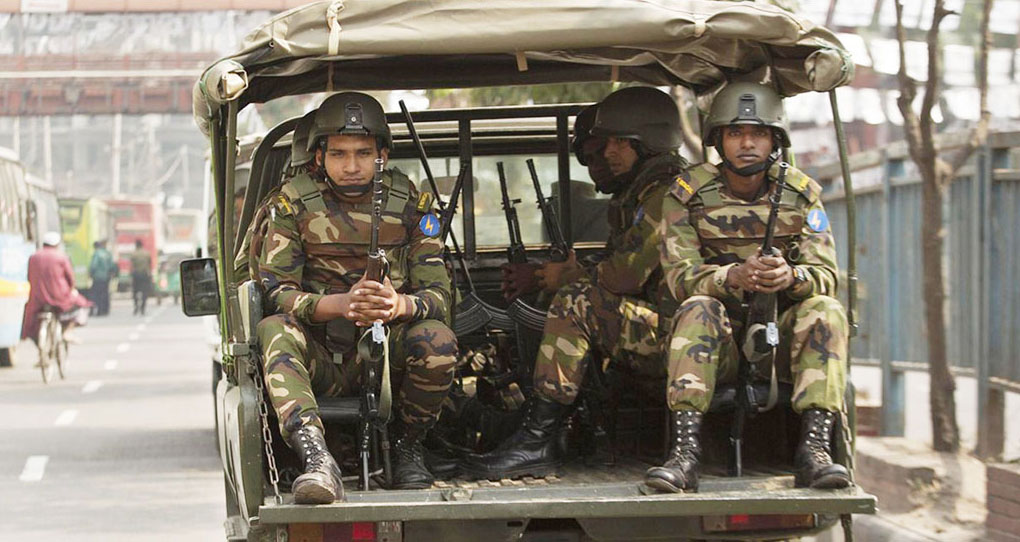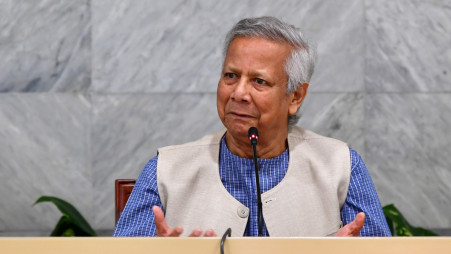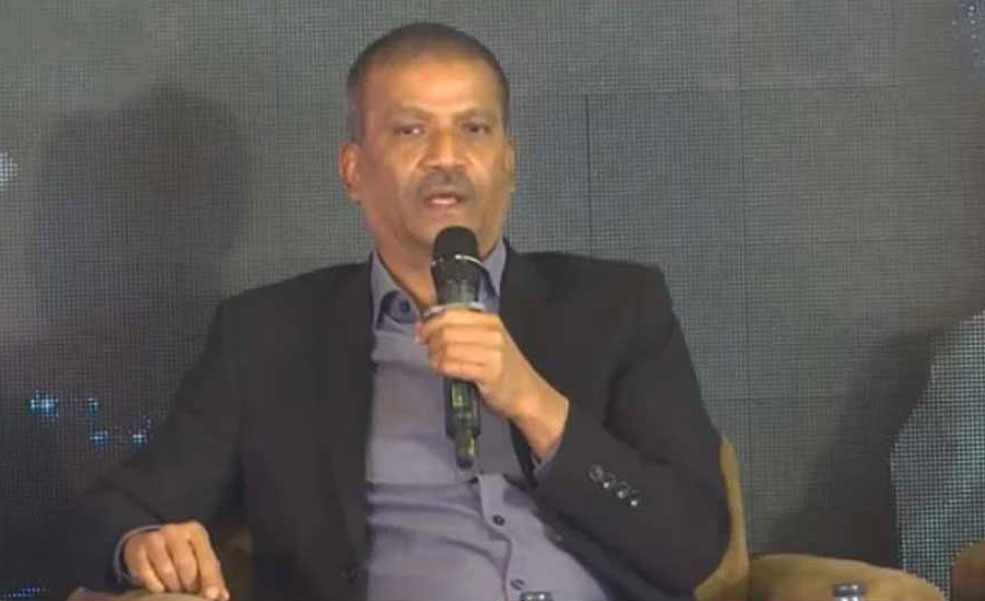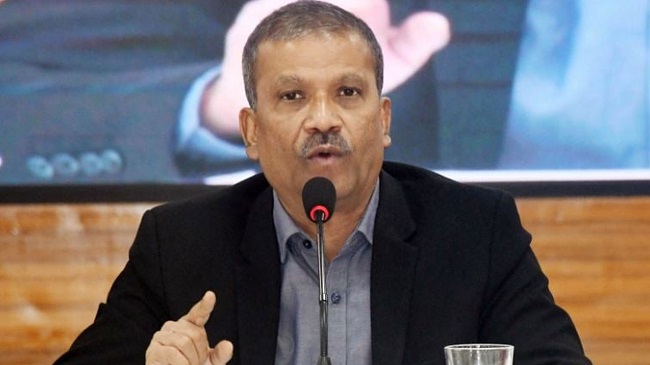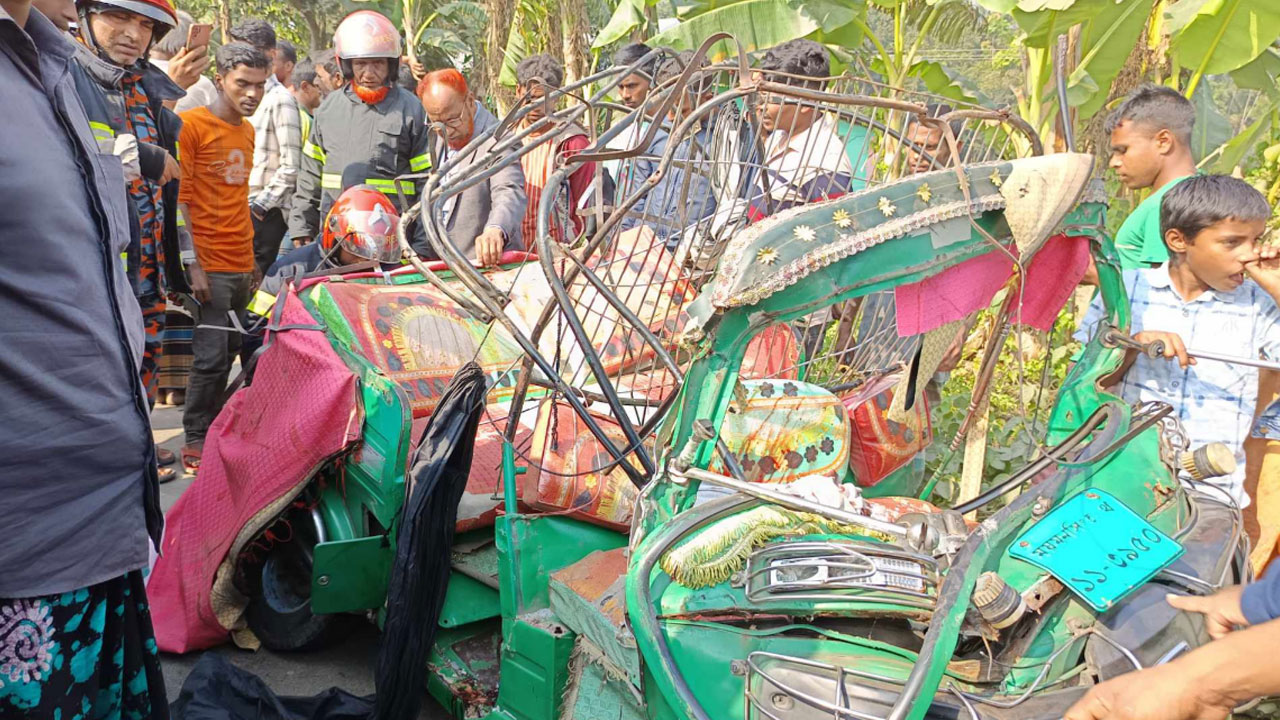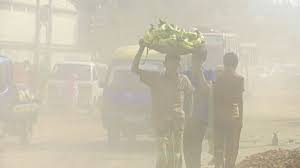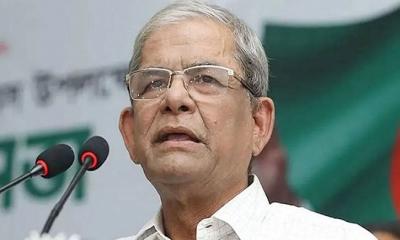The government has granted the military special executive magistrate powers throughout the country, including in the capital. This information was announced in a notification issued by the Ministry of Public Administration on Tuesday (September 17). From the time of the notification's issuance, commissioned officers of the army will be able to exercise these powers for the next 60 days across the country.
According to the notification, under Section 12(1) of the Code of Criminal Procedure, 1898, commissioned officers of the Bangladesh Army have been granted executive magistrate powers.
This grants the military powers under 16 sections of the Code of Criminal Procedure, including Sections 64, 65, 83, 84, 86, 95(2), 100, 105, 107, 109, 110, 126, 127, 128, 130, 133, and 142. Under these sections, military officers will be able to exercise their magistracy powers in cases of crimes committed. However, these executive magistrates will perform their duties under the supervision of the district magistrate or deputy commissioner.
The powers under these sections of the law include:
Section 64: Allows the executive or judicial magistrate to arrest and grant bail if a crime is committed in their presence. Army officers, now acting as executive magistrates, will be able to arrest offenders immediately if crimes occur in front of them during duty.
Section 65: Grants the power to arrest or issue arrest warrants in their jurisdiction. Army officers will be able to arrest suspects even if a crime is not committed in their presence.
Section 83: Allows for the execution of arrest warrants outside their jurisdiction. Army officers will be able to enforce arrest warrants anywhere in Bangladesh, and as per Section 84, they can direct the police to enforce warrants outside their jurisdiction. Section 95 allows them to use postal or telegraph authorities for transmitting warrants or documents.
Section 100: Grants the power to search any location to rescue an illegally detained person. Army officers will be able to search places where they believe a person is kidnapped or unlawfully confined.
Section 105: Allows the issuance of search warrants for conducting searches in their presence.
Section 107: Powers necessary for maintaining peace.
Section 109: Powers necessary for ensuring the good behavior of vagrants and suspected persons.
Section 110: Allows the army officers to take security bonds from habitual offenders for good behavior.
Section 126: Allows the cancellation of security bonds and the issuance of summons or arrest warrants for those who fail to ensure good conduct.
Section 127: Grants the authority to disperse unlawful assemblies of five or more persons. This means that army officers, acting as executive magistrates, will have the power to disperse any illegal assembly.
Section 128: Allows the use of civilian forces to disperse assemblies. Army officers can request police or other civilian forces to assist or issue instructions.
Section 130: Allows them to assign military commanding officers to disperse gatherings.
Section 133: Allows for orders to control local nuisances in specific cases.
Section 142: Grants the power to issue immediate orders in cases of public nuisance.
In addition to these powers, the government and district magistrates can authorize any executive magistrate to conduct mobile courts under the Mobile Court Act, 2009. Under this law, the executive magistrate can consider crimes committed in their presence or those revealed at the scene. After the accused confesses, the magistrate can punish the offender according to the law, though imprisonment cannot exceed two years.


